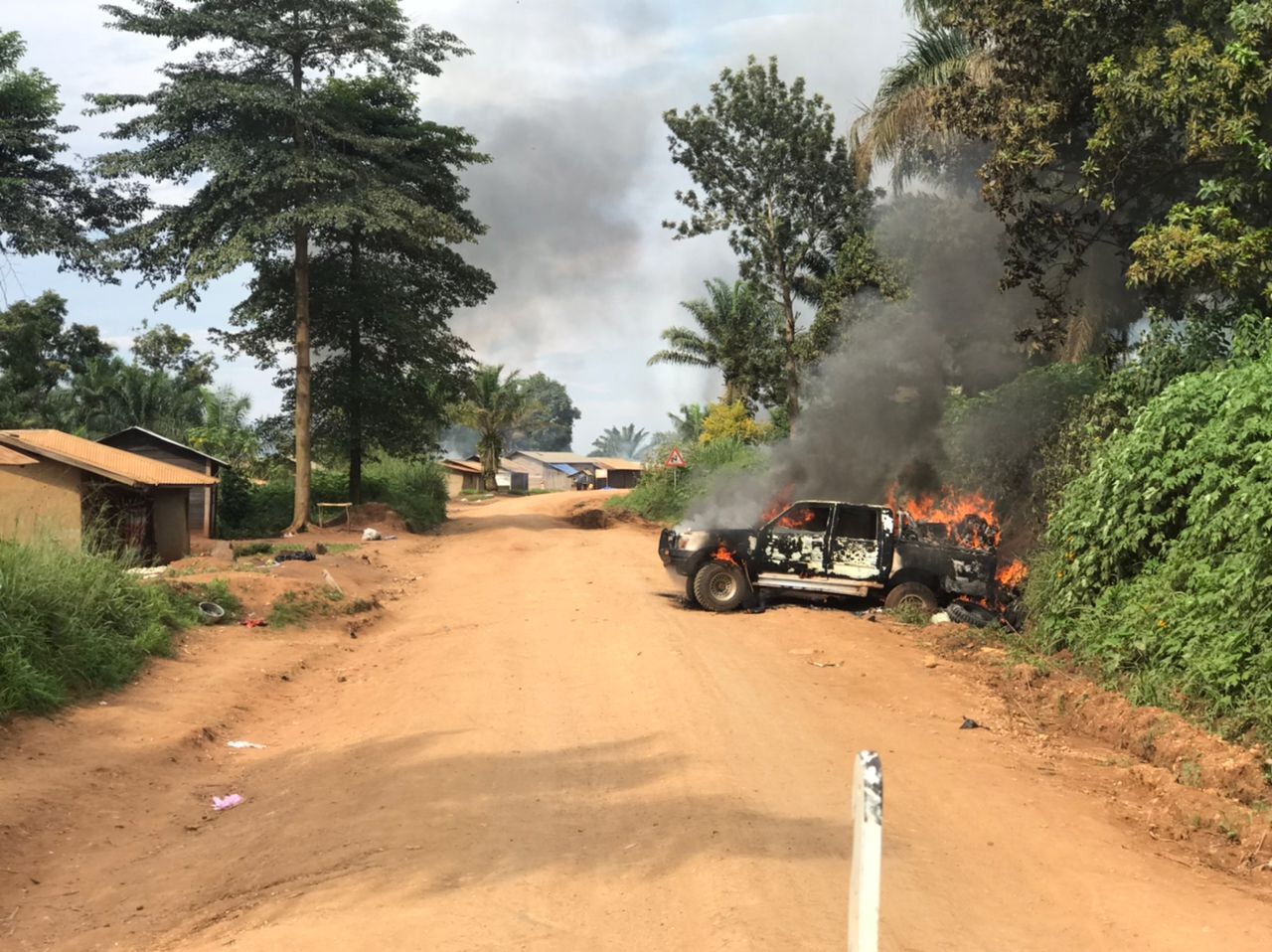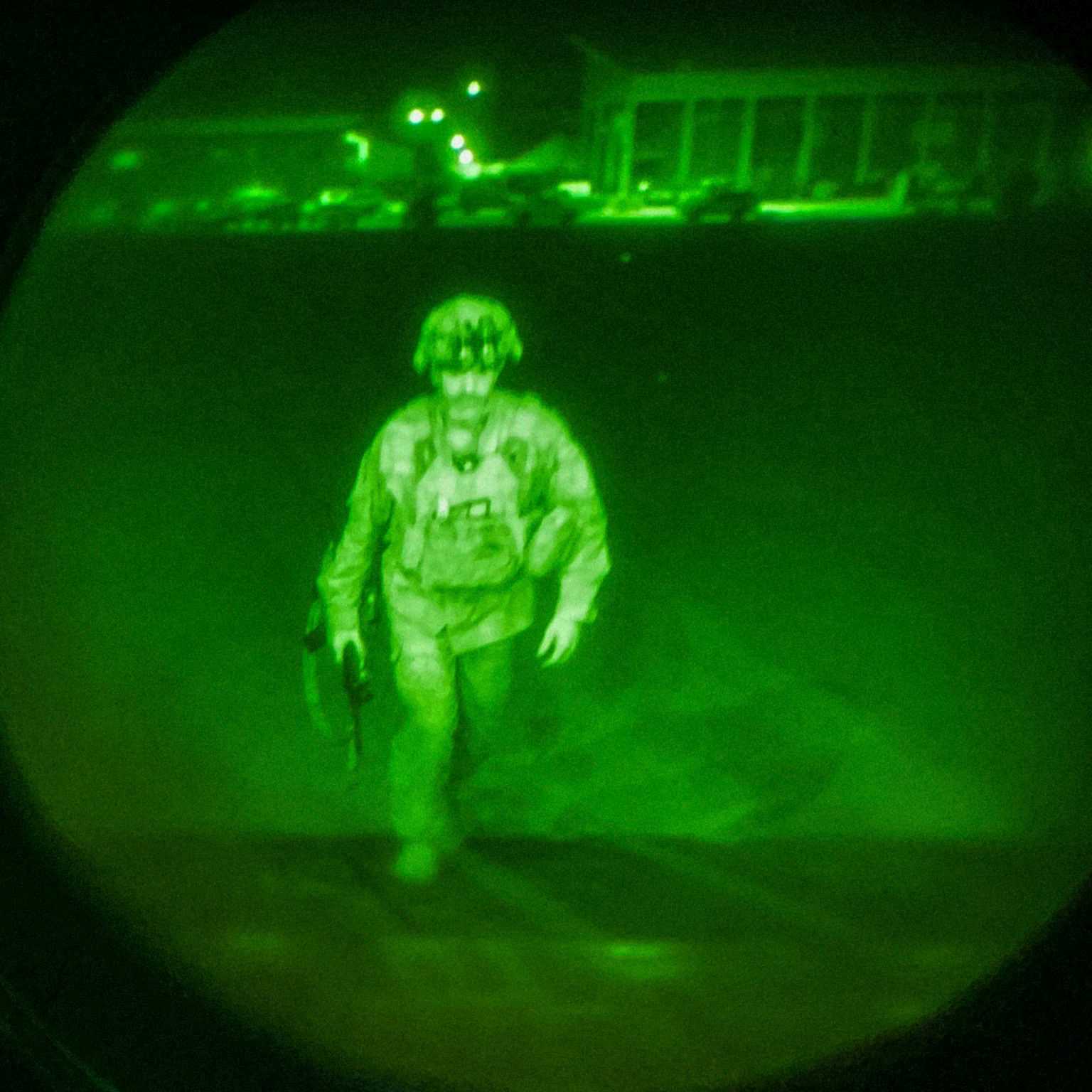War Crimes and Corruption in South Sudan
Criminal South Sudanese elite
On paper, South Sudan is Africa’s youngest democracy, but in reality it looks like a permanent warzone. The population suffers mass atrocities.
The country´s political and military elite is responsible for violence and hunger. Salva Kiir, the president, Riek Machar, his former deputy and most prominent opponent, and the military leaders who serve them have been fuelling the conflict and enriched themselves, as a new report “War Crimes Shouldn’t Pay” reveals. The Sentry, a watchdog group founded by American actor George Clooney and American human-rights activist John Prendergast, published the report.
The authors spent two years investigating how the South Sudanese elite profited from strife since 2013. Its members have embezzled millions of dollars and invested money in numerous businesses and in glamorous residences in- and outside the country. The report sums up that the leaders “manipulate and exploit ethnic divisions in order to drum up support for a conflict that serves the interests only of the top leaders of these two kleptocratic networks”.
Clooney considers international facilitators responsible too: “Top officials in South Sudan could not maintain the status quo without the system of international banks, businesses, arms brokers, real estate firms and lawyers who, knowingly or unknowingly, facilitate the violent kleptocracy that South Sudan has become.”
The Sentry investigation has tracked down such facilitators in Europe, North America, Africa, Asia, and Australia. What some African media find especially infuriating is the dubious role of Kenya and Uganda in helping South Sudanese leaders to hide stolen money.
The Sentry-team calls for consistent measures to hold corrupt South Sudanese officials and their international facilitator accountable. It proposes smarter sanctions on the guilty ones and wants these sanctions being robustly enforced.
Moreover, the authors demand the pro-active application of the tools of financial pressure that normally serve to fight organised crime and terrorism, including measures against money laundering and targeted asset freezes. In their view, banks that fail to support such efforts should face sanctions. The Sentry is doing good and important work. Of course, it is nothing new that political leaders are responsible for war crimes, corruption and deprivation. Nonetheless, it is shocking to read how systematically and brazenly South Sudanese officials act. The Sentry provides distinct evidence. Instead of responding to the charges, President Kiir merely called the evidence “rubbish”.
It is a pity that this initiative to track down the war criminals in South Sudan was not started by Africans. They might seem even more trustworthy to other Africans. Unfortunately, Africans appear to be lacking the political will or the money to run an investigation like this.













